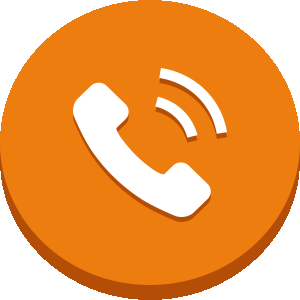Coronavirus are a family of viruses that generally affect only animals. However, if there is a branch of these viruses that can become transmitted from animals to humans. In fact, in December 2019, a new type of coronavirus, SARS-CoV-2, appeared in China, affecting people and causing COVID-19 disease.
Rapid spread and contagion
It can also become contagious on surfaces when the infected person expels these secretions onto nearby objects or surfaces. If another person touches these areas and then touches his or her eyes, nose or mouth, he or she may become infected.
Symptoms of coronavirus
- Fever
- Cough
- Shortness of breath
- Digestive symptoms: diarrhea or abdominal pain.
In 80% of the cases the symptoms are mild. In severe cases, pneumonia may occur.
In order to treat the disease in time it is important to perform clinical tests to identify if the virus is active, if you have already passed it or if you have not had it yet. Below you can see the tests available at Eurofins Megalab.
Prevention against coronavirus
Frequently asked questions about COVID-19
Which groups of people are considered most vulnerable to the virus?
- People over 60 years of age
- People with pathologies (hypertension, diabetes, chronic lung diseases, cancer…).
I have symptoms, what should I do?
It is very important that all those who have symptoms of COVID-19 or have been in contact with an infected person stay at home and call the health authorities to proceed to perform the necessary test.
It is important not to go to the emergency room or hospital in these cases.
Is there a treatment for COVID-19?
There is currently no specific treatment for coronavirus. Doctors caution against the use of antibiotics as a form of prevention or treatment.
How long does it take to get results?
* Result times for COVID services are 4 to 24 hours!
- PCR from 12 to 24 hours.
- Serology from 24 to 48 hours.
- Antigens from 4 to 24 hours.






